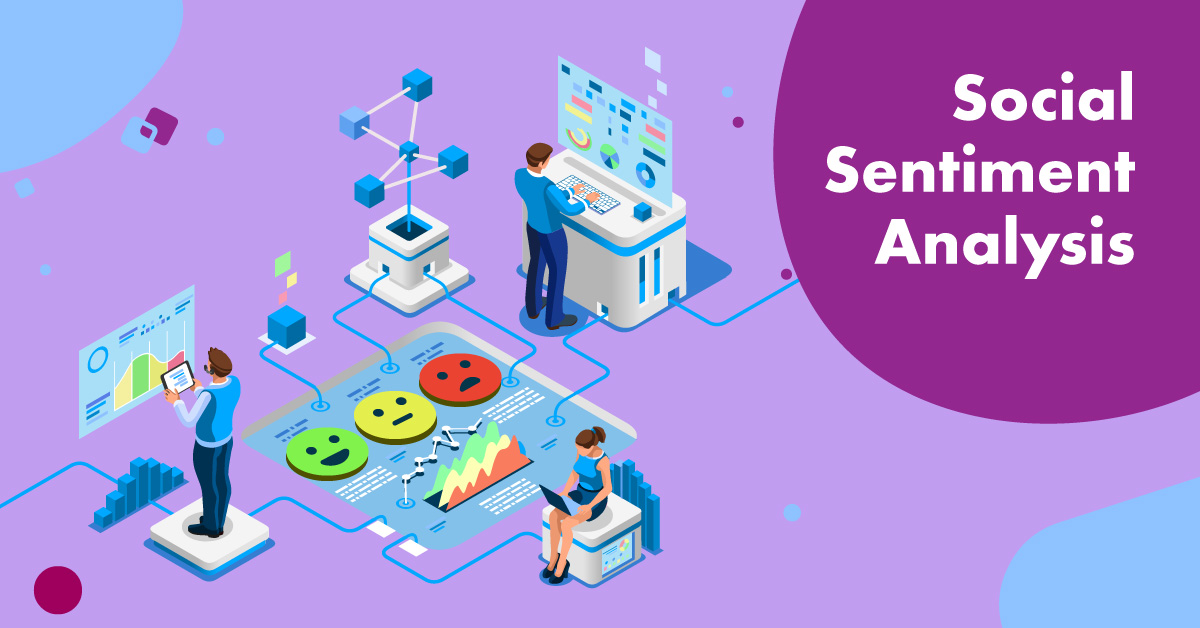Pay-per-click (PPC) advertising efforts are necessary for the success of any online marketing campaign. A proper PPC setup will make your business more noticeable via either a search engine or a social media platform. You’ll also target people searching for specific things while online.
There are two types of PPC options to explore based on your business needs and preferences. You could start with social media PPC, a method that uses social media outlets to advertise to their visitors. Or you can go with a search engine PPC solution that entails promoting your page on Google when someone is searching for your keywords in a search engine.
There are many differences between social media and search engine PPC solutions. But they are also alike in a handful of ways, as you will see in this brief guide.
What is Social Media PPC?
Social Media PPC, which stands for "Pay-Per-Click", is a form of online advertising where you pay each time someone clicks on your ad that appears on a social media platform like Facebook, Instagram, Twitter, etc. Unlike organic reach (which relies on unpaid methods to gain visibility), PPC allows you to reach a larger, more targeted audience and achieve specific goals for your business.
Here's a breakdown of what Social Media PPC entails:
How it works
Create an ad: You design an ad with visuals, text, and a call to action aligned with your objectives.
Set a budget: You determine how much you're willing to spend on clicks for your ad campaign.
Target your audience: You define your ideal audience based on demographics, interests, behaviors, and more.
Bidding: You bid on keywords or placements relevant to your target audience.
Ad delivery: Your ad is shown to users who fit your targeting criteria on their social media feeds.
Pay for clicks: When someone clicks on your ad, you're charged according to your bidding strategy.
Benefits of Social Media PPC
Precise targeting: Reach specific demographics and interests with laser focus.
Measurable results: Track clicks, conversions, and ROI to assess campaign performance.
Boost brand awareness: Increase visibility and attract new followers.
Drive specific actions: Generate leads, website traffic, app downloads, and more.
Scalability: Adjust your budget and targeting as needed for maximum impact.
Key differences from Search Engine PPC
Focus: Social media aims for branding and engagement, while search engines target users actively searching for something.
Targeting: Social media uses broader demographics and interests, while search engines rely on keywords and intent.
Ad formats: Social media offers diverse formats like images, videos, and carousel ads, while search ads are primarily text-based.
Things to consider
Competition: Bidding can be competitive on popular platforms, affecting your cost per click.
Campaign management: Requires ongoing optimization and adjustments for best results.
Compliance: Adhere to each platform's advertising policies and guidelines.

What is Search Engine PPC?

Search engine PPC lets you place advertisements on a search engine’s results page to instantly boost your search ranking. Popular search engines that you can advertise on are Google, Bing, and Yahoo.
The process for setting up a search engine PPC is easy to follow. You’ll review your business and what search results people are likely to use when finding your place. You can then connect those keywords to specific bids.
Each bid will entail you paying a specific amount for each impression to your ad or for every click someone makes on that ad. You’ll need to plan your budget based on how much you want to spend for each keyword and how often people might click on an ad.
You can select your PPC search terms on many search engines, but Google is the most popular one to use. The benefits of using PPC on Google include
Letting you control how long your ads will appear. You can request the campaign to temporarily end after reaching a certain payment threshold, for example.
The ads you produce can feature a detailed description of whatever you offer.
Your ads can include different messages based on the keywords you’re using or the locations you’re targeting.
You can use the Google Analytics tool to review how your PPC campaign works on Google.
Social Media PPC vs. Search PPC: Choosing the Right Strategy
Both Social Media PPC and Search PPC are valuable tools for online advertising, but they have distinct strengths and weaknesses depending on your goals. Here's a breakdown to help you choose the right strategy:
Targeting:
Social Media PPC: Targets based on demographics, interests, behaviors, and even life events. Great for brand awareness, building communities, and reaching specific audience segments.
Search PPC: Targets based on keywords and search intent. Ideal for reaching users actively looking for products, services, or information related to your offering.
User Intent:
Social Media PPC: Users are mostly browsing and open to discovery. Ads can spark interest and consideration.
Search PPC: Users have a specific need or question and are actively seeking solutions. Ads can address their immediate need and drive conversions.
Ad Formats:
Social Media PPC: Diverse formats like images, videos, stories, and carousels, allowing for creative storytelling and engagement.
Search PPC: Primarily text-based ads with limited space for visuals. Focuses on clear messaging and relevant keywords.
Campaign Goals:
Social Media PPC: Brand awareness, community building, engagement, lead generation, app installs, website traffic.
Search PPC: Website traffic, leads, conversions, sales, direct product purchases.
Cost:
Social Media PPC: Cost per click (CPC) can vary depending on targeting and competition. Generally, lower CPCs than Search PPC for broader targeting.
Search PPC: CPCs can be higher for competitive keywords and specific industries.
Measurement:
Social Media PPC: Tracks clicks, impressions, engagement metrics (likes, shares, comments), and conversions (website visits, leads).
Search PPC: Tracks clicks, impressions, conversion rates, return on investment (ROI), and specific conversion actions (purchases, sign-ups).
In Summary:
Choose Social Media PPC if:
You want to build brand awareness and engagement.
You have a well-defined target audience with specific interests.
You offer products or services that benefit from visual storytelling and emotional connection.
Choose Search PPC if:
You want to reach users actively searching for your offerings.
You have specific conversion goals like website visits, leads, or sales.
You have a clear understanding of relevant keywords and search intent.
Why Would Someone Choose Either One?

People are often willing to choose search engine PPC plans because they find it easier to promote their work on search engines. They may want to focus on the intentions people have when searching for certain things online.
But social media PPC is for those trying to target specific demographics. Social media is heavily segmented, with many people focusing on specific platforms. You could use social media PPC efforts to reach people who meet certain criteria or other points.
Pricing Points
The pricing for PPC efforts will vary by platform. A search engine plan can cost $1 to $2 per click on average (with high CPC industries potentially over $100 for a single click), with businesses often willing to spend $10,000 on a PPC campaign each month. The wealth of potential searches requires a company to spend that much money.
Social media PPC can cost less, as you often spend money based on how many impressions people see. You could spend $10 to $15 for every thousand impressions on most platforms. These impressions will count regardless of whether someone clicks on an ad or not.
For more information contact : support@mindnotix.com
Mindnotix Software Development Company


 AI-Taxi App
AI-Taxi App AI-Food App
AI-Food App AI-Property Mgmt App
AI-Property Mgmt App AI-CRM
AI-CRM AI-Fantasy App
AI-Fantasy App
 Web Development
Web Development App Development
App Development Business & Startup
Business & Startup Hire Developer
Hire Developer
 Digital Marketing
Digital Marketing Lead-generation
Lead-generation Creative Agency
Creative Agency Branding Agency
Branding Agency Augmented Reality
Augmented Reality Virtual Reality
Virtual Reality Internet of Things
Internet of Things Artificial Intelligence
Artificial Intelligence Blockchain
Blockchain Chatbot
Chatbot



